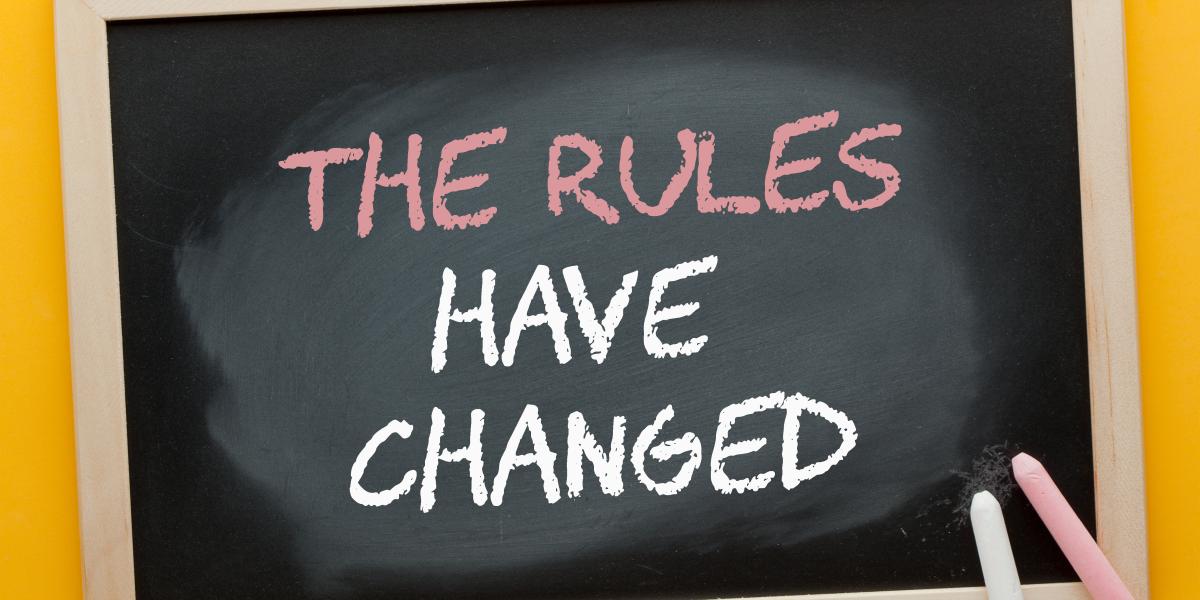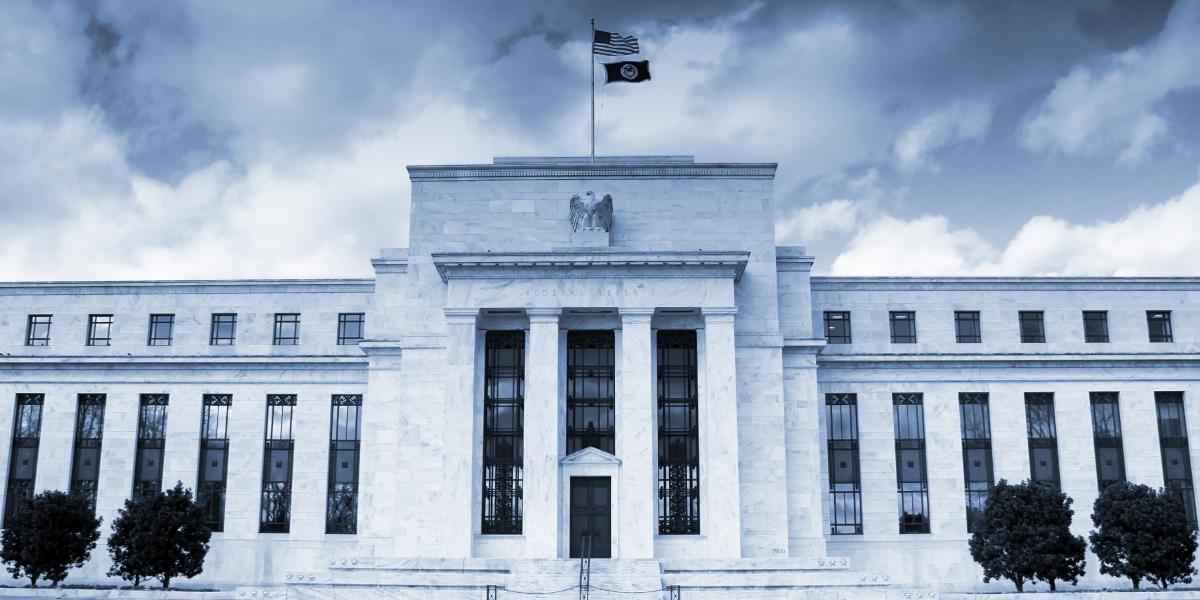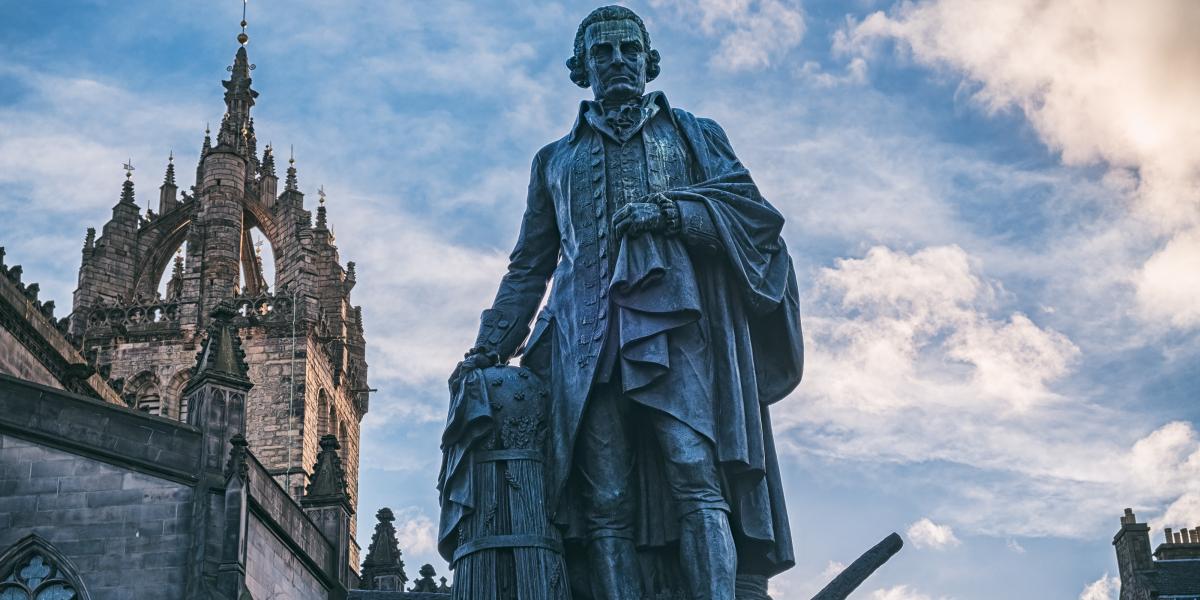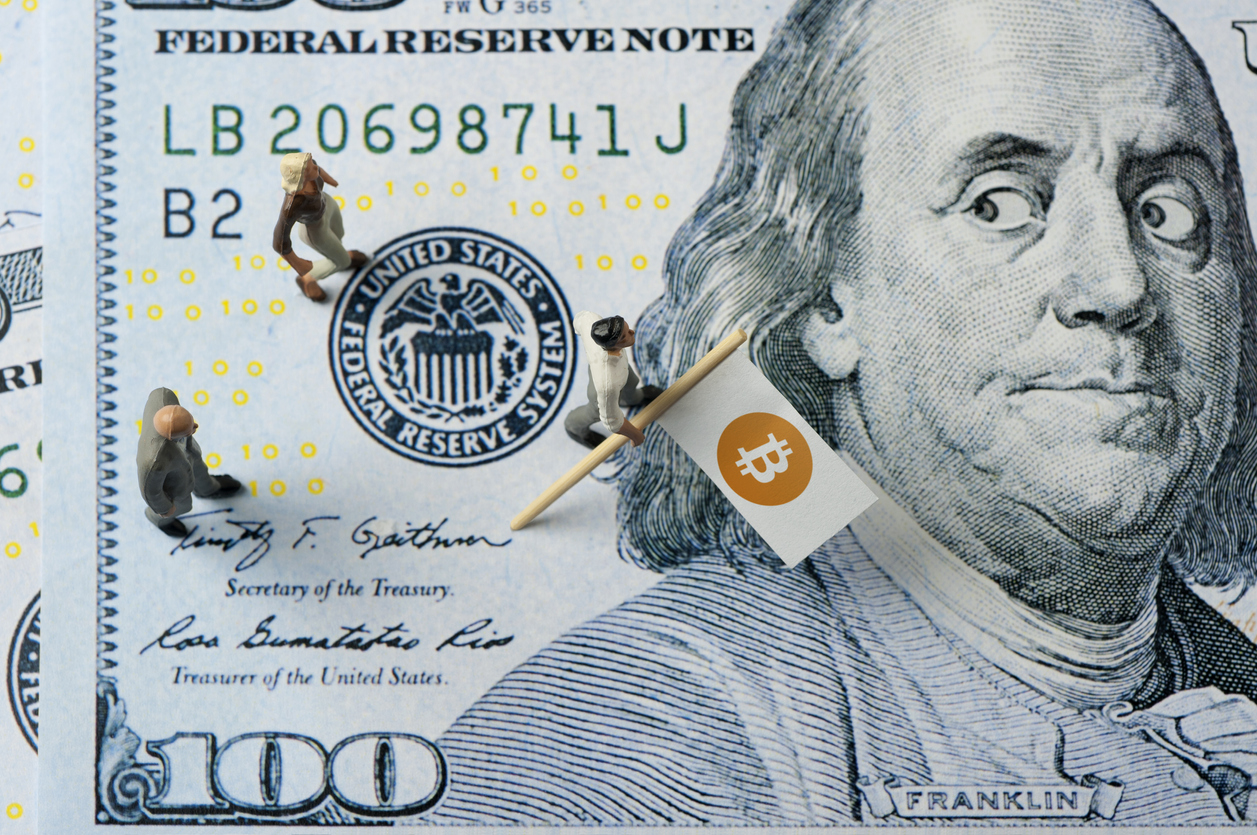Free speech is not dead—it has just been parceled out among favored groups. This explains why the British Prime Minister Keir Starmer insisted that there is free speech in the UK, despite the fact that thousands have been arrested for social media posts that are offensive to the left. Even in the most despotic regimes there are surely pockets of free speech to be found, among those whose speech may, for the moment, be deemed unthreatening to the regime. The right to free speech in the UK is enjoyed by designated groups who are certainly free to express their perfectly acceptable opinions—or “lawful opinions” as they call it—without fear of arrest, while others, under various pretexts such as stamping out hate or preventing disorder, are thrown in jail for expressing unpopular or “legal but harmful” opinions.
Although most people claim to agree that “free speech includes hate speech,” they are quick to make exceptions for words that, in their view, violate public order legislation. Double standards in the public discourse on free speech became increasingly apparent when police in the UK—who have arrested comedians for posts that were offensive to various “protected groups”—declined to intervene when someone ghoulishly celebrated Charlie Kirk’s assassination on social media, even though the ghoul added, in reference to conservatives, that people should “kill them all.” Under the public order laws, it now seems that “the litmus test for ‘disorder’ is not disruption or violence, but rather whether you offend leftists.” Offending the left is seen as a greater threat to public order than calling for the killing of conservatives or erupting in celebration when this happens.
In a similar example, cancelling one of the favored comedians of the left was regarded by many on the left as a greater outrage than the assassination of Charlie Kirk because, after all, Kirk offended the left. After being briefly cancelled for his comments on the assassination, Jimmy Kimmel returned to his show to declare his unwavering support for free speech. So Mr. Kimmel gets his show back, which is being hailed as a victory by everyone. Even those who are not on the left, who are not fans of his show, highlight the danger that cancelling the left could easily be turned against the right. For example, Joe Rogan said,
“The companies, if they’re being pressured by the government – so if that’s real – and if people on the right are like, ‘Yeah, go get ’em,’ oh, my God, you’re crazy,” Mr. Rogan said. “You’re crazy for supporting this. Because it will be used on you.”
From a principled perspective, it is not enough to say that free speech on the left should be defended for strategic reasons, because one day the left might return to power and turn the tables on the right. It should be clear to everyone by now that the left will always violate free speech rights of conservatives, whether or not conservatives do the same to them, because tyranny and attacks on individual liberty are hallmarks of socialistic ideologies. The more important question is, does it make sense to declare a principled belief in absolute free speech while ignoring the fact that free speech is subject to these brazen double standards?
Absolutist defenders of free speech argue that double standards in enforcement of an ideal standard are not relevant to the principle being defended. After all, the validity of a principle does not depend on how it applies to different cases, and the fact that the left violates free speech protection with impunity does not mean we should all abandon the defense of free speech. Opponents of this view, in particular conservatives who are not prepared to ignore the double standards, wish to fight fire with fire by enforcing the same “consequences” on the left as the left, when in power, invariably imposes on conservatives. Thus, we see the methods of cancel culture swinging from left to right, which further erodes free speech to everyone’s ultimate detriment.
From a natural rights libertarian perspective, there is more to free speech than the First Amendment and whether cancel culture is being wielded by federal authorities. Readers will be aware that Murray Rothbard regarded all rights as private property rights. In his philosophy, the right to free speech does not come from the Constitution, nor is it a free-standing right unconnected to any other rights; instead, like all rights, it is an emanation of the right to self-ownership. In his view, “There is no extra ‘right of free speech’ or free press beyond the property rights that a person may have in any given case.” He further explains that, “Only when the ‘right to free speech’ is treated simply as a subdivision of property right does it become valid, workable, and absolute.” Free speech is absolute only in the sense that property rights are absolute. Divorced from its foundations in self-ownership and private property, the right to free speech becomes incoherent. It becomes nothing but a euphemism for power, denoting which side has the power to crush their political opponents. The right to free speech can only be defended, as an absolute right, if it is understood, like all other rights, by reference to the principles of private property. In the Ethics of Liberty, Rothbard explains,
Liberals generally wish to preserve the concept of “rights” for such “human” rights as freedom of speech, while denying the concept to private property. And yet, on the contrary, the concept of “rights” only makes sense as property rights. For not only are there no human rights which are not also property rights, but the former rights lose their absoluteness and clarity and become fuzzy and vulnerable when property rights are not used as the standard.
The limitation of government power in the First Amendment of the United States Constitution protects free speech from threats by the government, but it says nothing about cancel culture and whether or not private employers should fire people for their political views. Thus, cancel culture is used—first by one side and then the other—to silence their opponents and destroy their lives. Vengeance then sets in, and people naturally desire to destroy the lives of those who previously did the same to them. There is no satisfactory solution to this problem when private property is itself under attack, and when the protection of free speech is vested in the very same state that is subject to the whims of democratic control first by one political party and then the next. Speaking of “free speech” in public space, Rothbard warns that this problem is insoluble:
Of course, so long as the streets continue to be government owned, the problem and the conflict remain insoluble; for government ownership of the streets means that all of one’s other property rights, including speech, assembly, distribution of leaflets, etc., will be hampered and restricted by the ever-present necessity to traverse and use government-owned streets, which government may decide to block or restrict in any way…whichever way it chooses, the “rights” of some taxpayers will have to be curtailed.
Rothbard’s point is that when government-controlled property is involved, we are up against the intractable fact that the satisfactory defense of private property is incompatible with state power. Given the nature of state power, any individual rights expressed to be “absolute” are only enjoyed while, and to the extent that, they are backed by state power. In these circumstances, Rothbard explains, in attempting to resolve disputes about free speech “there is no satisfactory way to resolve this question because there is no clear locus of property rights involved.”
As Rothbard saw it, only by reference to the principles of property rights can disputes over the boundaries of free speech be satisfactorily resolved. This is based on identifying the owner of the relevant premises, and also on defending the natural right of each man to speak freely regardless of his ideology or identity. Free speech—like all other liberal ideals—will inevitably be threatened if the state continues to favor different groups at the expense of others. As Ludwig von Mises cautioned, “liberalism has always had in view the good of the whole, not that of any special group.” Rules must apply in the same way to all, and not be specially tailored for different groups based on political ideology or personal identity.























